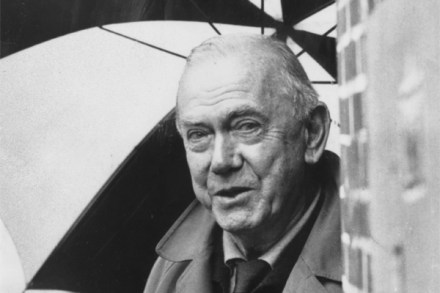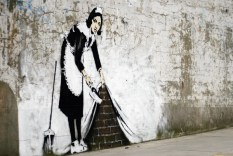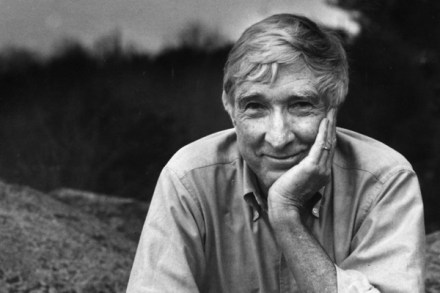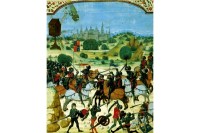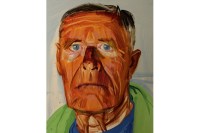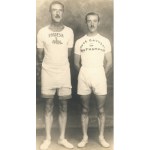In a Greene shade | 26 May 2012
One of the unanticipated benefits of British rule in India is the body of distinguished writing in the English language coming from the Indian diaspora — Naipaul, Seth, Rushdie, Mistry, Mishra and Pico Iyer. Iyer, however, is atypical in that he was born in Oxford, lived in California, and was educated at Eton and Oxford. Thus he is less an Indian than a global author. He is coy about having been to Eton, which he does not name: it is the ‘high school near London’, ‘somewhere between the grey towns of Slough and Windsor’, which was founded by a king, has the oldest classroom in the world, and has provided
